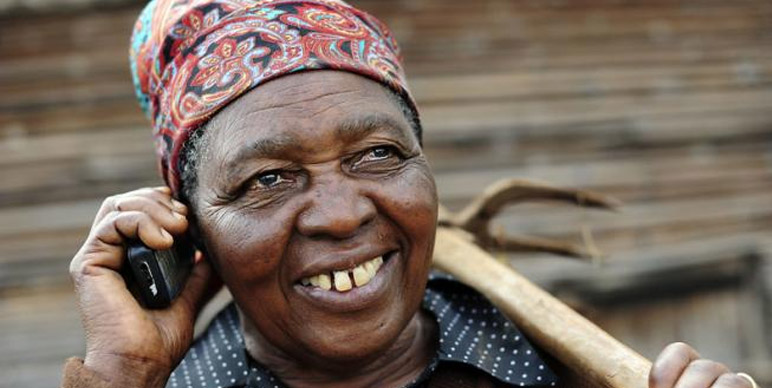Inclusive Value Chains: Experiences of Gender Mainstreaming by Stella Kimani and Niharika Agarwal
Women’s Economic Empowerment through the reduction of gender inequalities in global value chains is a crucial path to achieving the 2030 Agenda for Sustainable Development Goals, especially SDG 5-Gender Equality. It is estimated that if women are allowed to participate equally and fully in the global value chains, they could contribute up to USD 28 trillion to global GDP annually by 2025.
Despite the commitment and funds channeled into numerous initiatives to get more Women-owned and led Small and Medium Enterprises (WSMEs) into global value chains, the results have been underwhelming. Procurement from WSMEs by businesses across sectors vastly lags that of male-owned and led SMEs. For instance, although one-third of registered SMEs globally are estimated to have been created by women, large corporations and governments spend less than 1% of their procurement budgets on WSMEs, leaving key business and development benefits untapped. A structural transformation in commercial ecosystems is required in order to incorporate WSMEs and other disadvantaged groups in supply chains equitably.
It is in this context that Intellecap and the International Development Research Centre (IDRC) hosted an event, moderated by Amar Gokhale of Intellecap, at the 10th Sankalp Africa Summit. The aim of the session was to share experiences and ways in which different organisations, small and large businesses, public and private, across multiple sectors, can enhance gender considerations in their value chains, with the intent of increasing women’s participation throughout.
Paul Okwi, Senior Programme Specialist, IDRC introduced the session and explained that IDRC focuses on fostering partnerships and generating quality knowledge to create social impact. IDRC funds the GLOW programme, which investigates pathways to achieving SDG 5 by creating gender equality in low carbon economic transitions. Via GLOW, IDRC supports the Intellecap-led project ‘Reorienting the Private Sector to Enable Climate-Smart Agricultural Solutions to Address Gender Inequalities’.
In this project, Intellecap is working with 10 SMEs operating at the intersection of sustainable agriculture/food systems and climate change, to help them mainstream gender considerations in their operations, including in their value chains.





